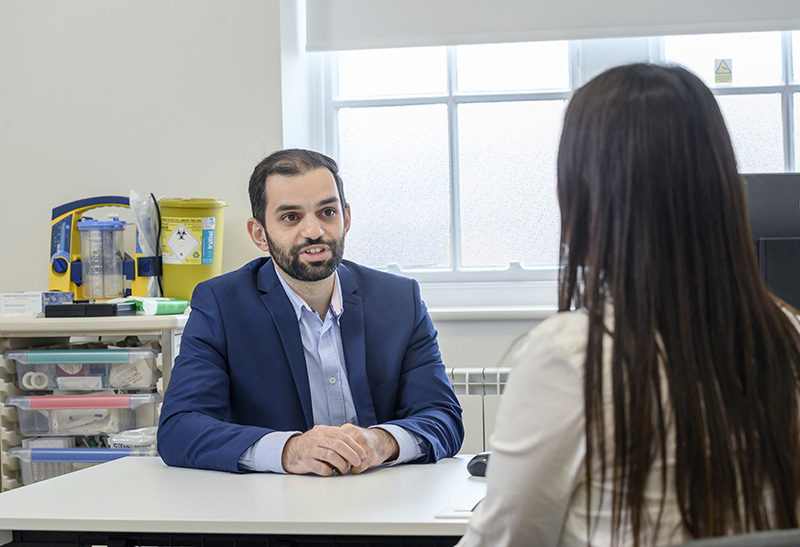Contents
Gastritis

Gastritis is an inflammation of the stomach lining that can cause discomfort and interfere with digestion. It may develop suddenly (acute gastritis) or over time (chronic gastritis), and understanding the condition is key to managing symptoms and promoting recovery.
What is Gastritis?
Gastritis occurs when the protective lining of the stomach becomes irritated or inflamed. It can result from various factors, such as infection, excessive alcohol consumption, stress, or the use of nonsteroidal anti-inflammatory drugs (NSAIDs). In some cases, an imbalance of stomach acids can contribute to the condition.
Symptoms of Gastritis
The symptoms of gastritis can vary from mild to severe and may include:
- Abdominal pain or discomfort
- Nausea or vomiting
- Loss of appetite
- Bloating or a feeling of fullness
- Indigestion or heartburn
- Dark stools or vomiting blood (in more severe cases)
Causes of Gastritis
Several factors can contribute to gastritis, including:
- Infections: The bacterium Helicobacter pylori is a common cause.
- Medications: Regular use of NSAIDs or aspirin can irritate the stomach lining.
- Excessive Alcohol Consumption: Can weaken the stomach lining and lead to inflammation.
- Stress: Can exacerbate or trigger gastritis in some individuals.
- Autoimmune Conditions: In some cases, the body’s immune system attacks the stomach lining.
Diagnosis
To diagnose gastritis, your doctor or consultant may recommend:
- Endoscopy: A procedure where a thin tube with a camera is used to examine the stomach lining.
- Blood Tests: To check for infections or anemia.
- Stool Test: To detect blood or H. pylori infection.
- Breath Test: To identify H. pylori infection.
Treatment Options
Treatment for gastritis typically depends on the underlying cause. Common approaches include:
Lifestyle Changes:
Reducing alcohol intake, quitting smoking, and managing stress levels are essential steps in improving symptoms.
Medications:
Proton pump inhibitors (PPIs) to reduce stomach acid.
Antacids to neutralize stomach acid.
Antibiotics if a bacterial infection is present.
Dietary Adjustments:
Avoiding spicy, acidic, or irritating foods can help. Eating smaller, more frequent meals may also ease symptoms.
When to Seek Medical Attention
If you experience any of the following, it’s important to seek medical advice:
- Severe or persistent stomach pain
- Vomiting blood or having black stools
- Difficulty swallowing or loss of appetite
Arranging To Visit A Private GP

If you are experiencing symptoms that may indicate gastritis, such as stomach pain, nausea, or indigestion, you can book an appointment with one of our private GPs. Our services are available to everyone, with same-day appointments often available. There is no need to be registered with The New Foscote Hospital, nor do you need to live locally.
If your insurance covers GP visits, we can often invoice the insurer directly. For those paying privately, the cost for a 30-minute consultation is £100.
Any additional costs, such as for an Endoscopy, consultant referral, or other necessary procedures, will always be discussed with you in advance to ensure complete transparency in your care.
26 March 2025





